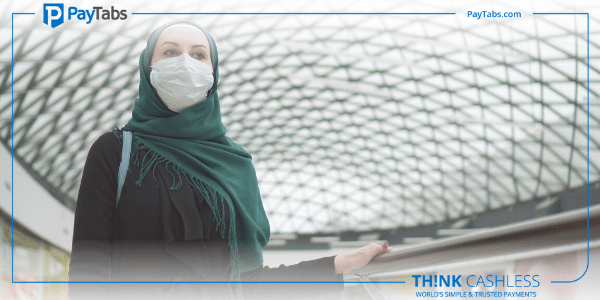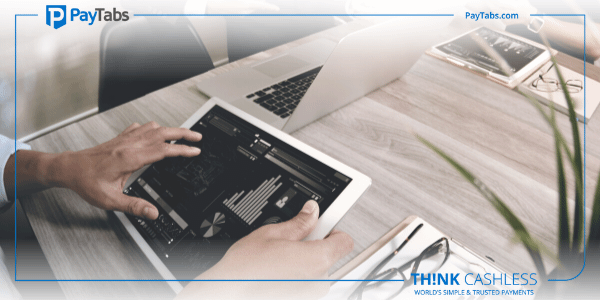How Startups Can Accept Online Payments Globally

Online businesses are fast becoming the norm and the ability to accept global online payments is one of the prerequisites for this type of business. There are multiple channels available for facilitating the online payment process. Before settling upon a particular channel, it is imperative that the business makes proper assessment of all the available options, evaluating them on different criterions. Further, there are other choices to be made such as deciding whether to set up in-house payment processing system or to opt for a third party vendor for specialized services. Following are some of the pointers in this regard:
Rise in Online Payments: As eCommerce is becoming more and more prevalent, the volume of online payments is also rising. There is particular increase in the number of mobile payments as people are now gravitating more towards the use of internet on their phones. As per a report released by Price Waterhouse Cooper, the number of people choosing mobile shopping increased multifold between 2011 and 2017. While mobile payment is on the rise, people still use a variety of methods to make online payments. Therefore, it is important that your business offers a wide range of online payment options to the clients.
Accept Debit and Credit Cards Online: Giving the facility of making the payment through debit or credit cards is one of the most basic services provided by an online business. For this purpose, you may have to open a dedicated merchant account. Alternatively, you may also choose to use an intermediary holding account. All these options come with their own pros and cons. Therefore, it is important that you carefully consider all the scenarios to reach at a conclusion. The most widely used credit card brands are Visa, MasterCard and American Express. However, there are several other credit card brands available as well. It is important to ensure that the clients are provided with the largest possible options for online payment.
Go Mobile: Mobile payments are increasing at a faster rate than the overall rise in online payments. As the future belongs to mobile internet, it is imperative that your website allows for mobile payments. Mobile payments can take place in a variety of ways such as typing in a credit card number or swiping a card or dipping a chip card on a mobile device. You can offer these services through an app and the same app may allow you several other benefits such as accessing cash flow reports and dispatching invoices. As more and more people start using smartphones, mobile payments are all set to increase in their scope.
Choose an Online Payment Gateway: In order to make it convenient for your clients to make online payments, you may simply add a payment form to your website. The form may be amended to provide the facility of storing data so that your recurring clients are not required to add information every time they place an order. This work may also be outsourced to companies which provide specialized services such as secure processing of the payments and hosting the payment form. Further, you may also customize the payment processing procedures to meet the specific requirements of your business and your clients. These services have the additional benefit of providing you the online destination which you may use for promotional purposes.
As eCommerce widens its scope, the newer methods of making and receiving online payments are being introduced at a fast pace. To offer the best to your clients, it is important that you constantly update your online payment alternatives. Apart from ensuring that these methods are safe and secure, it is important that you pay due attention to the speed of processing as well.







